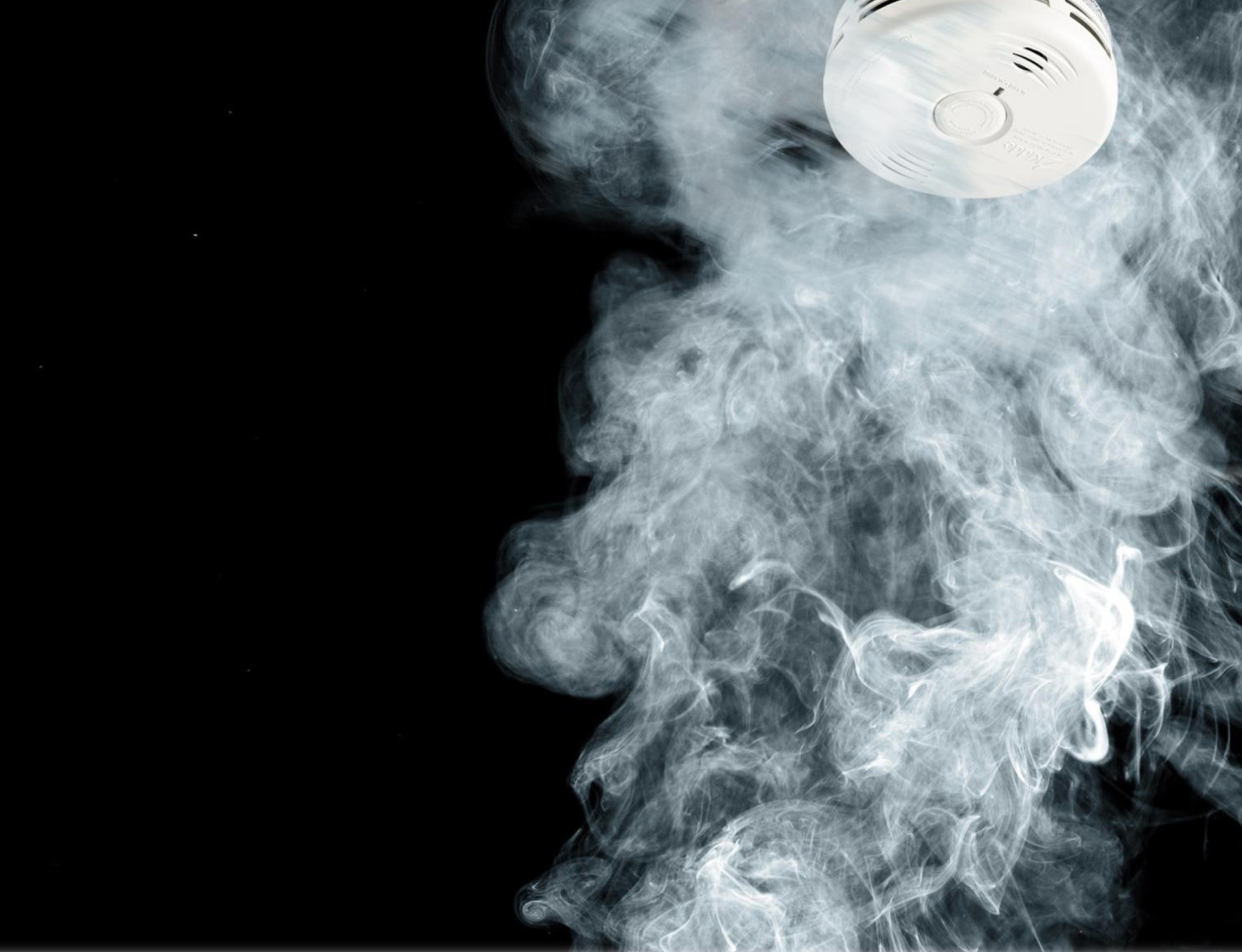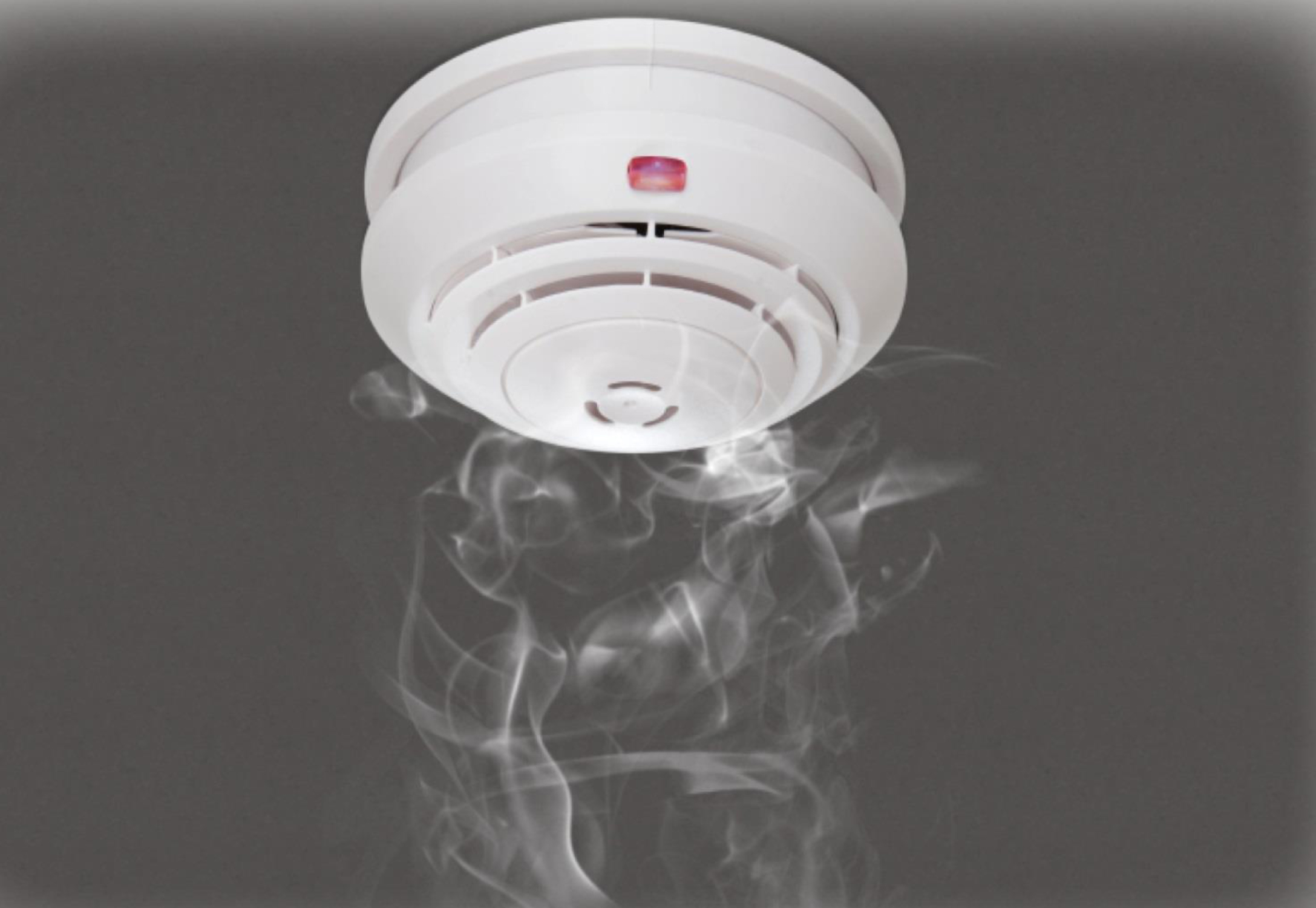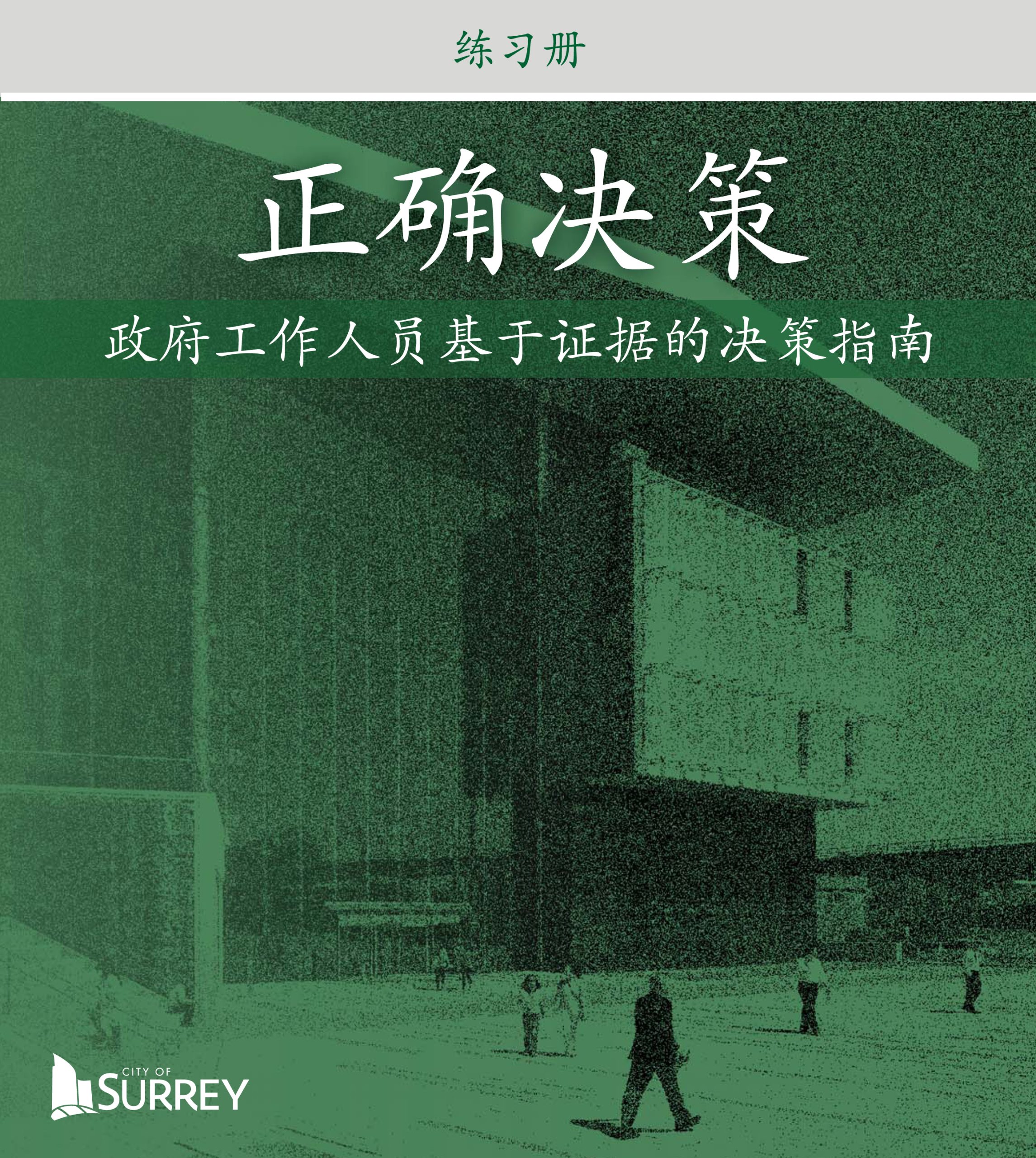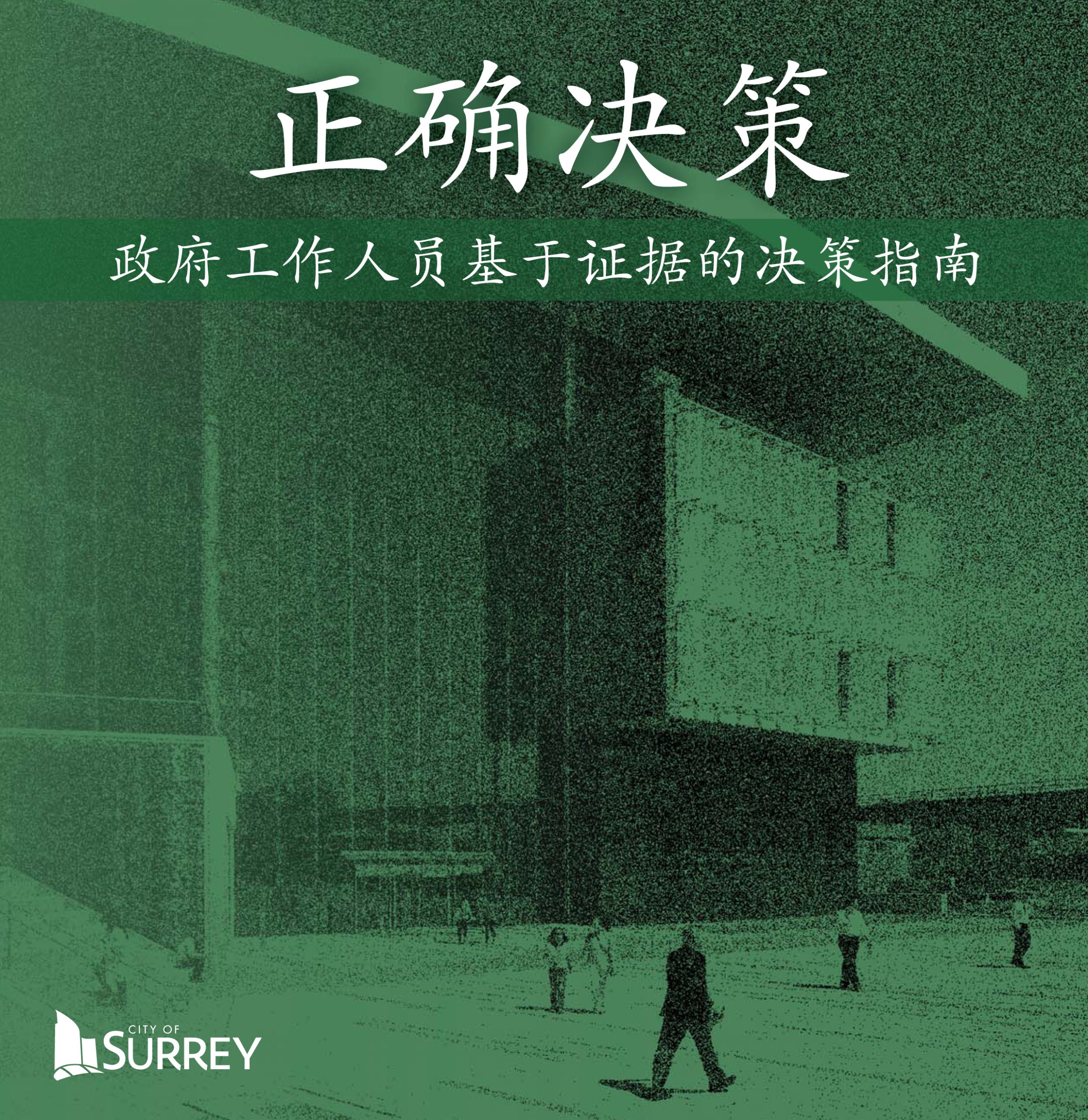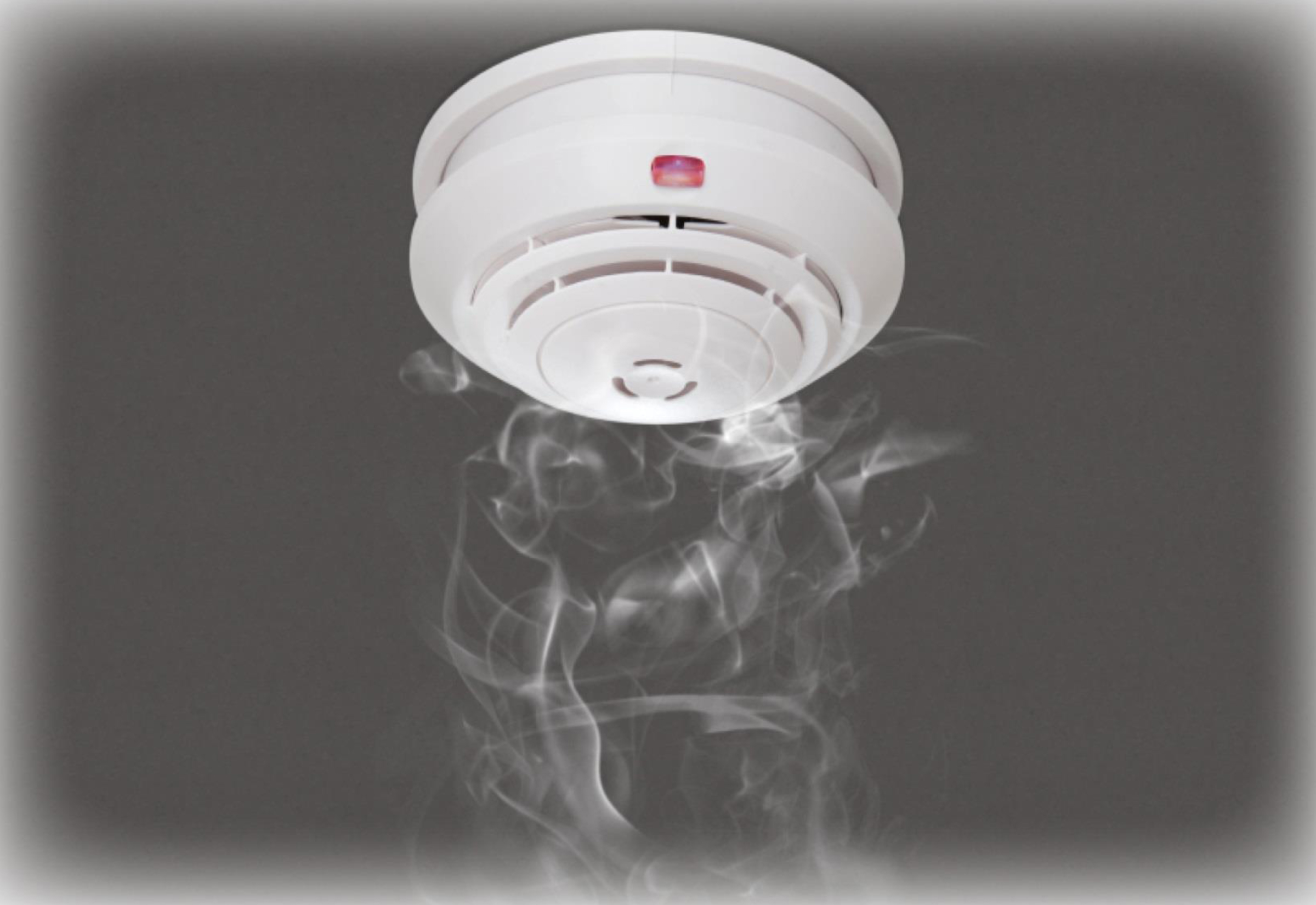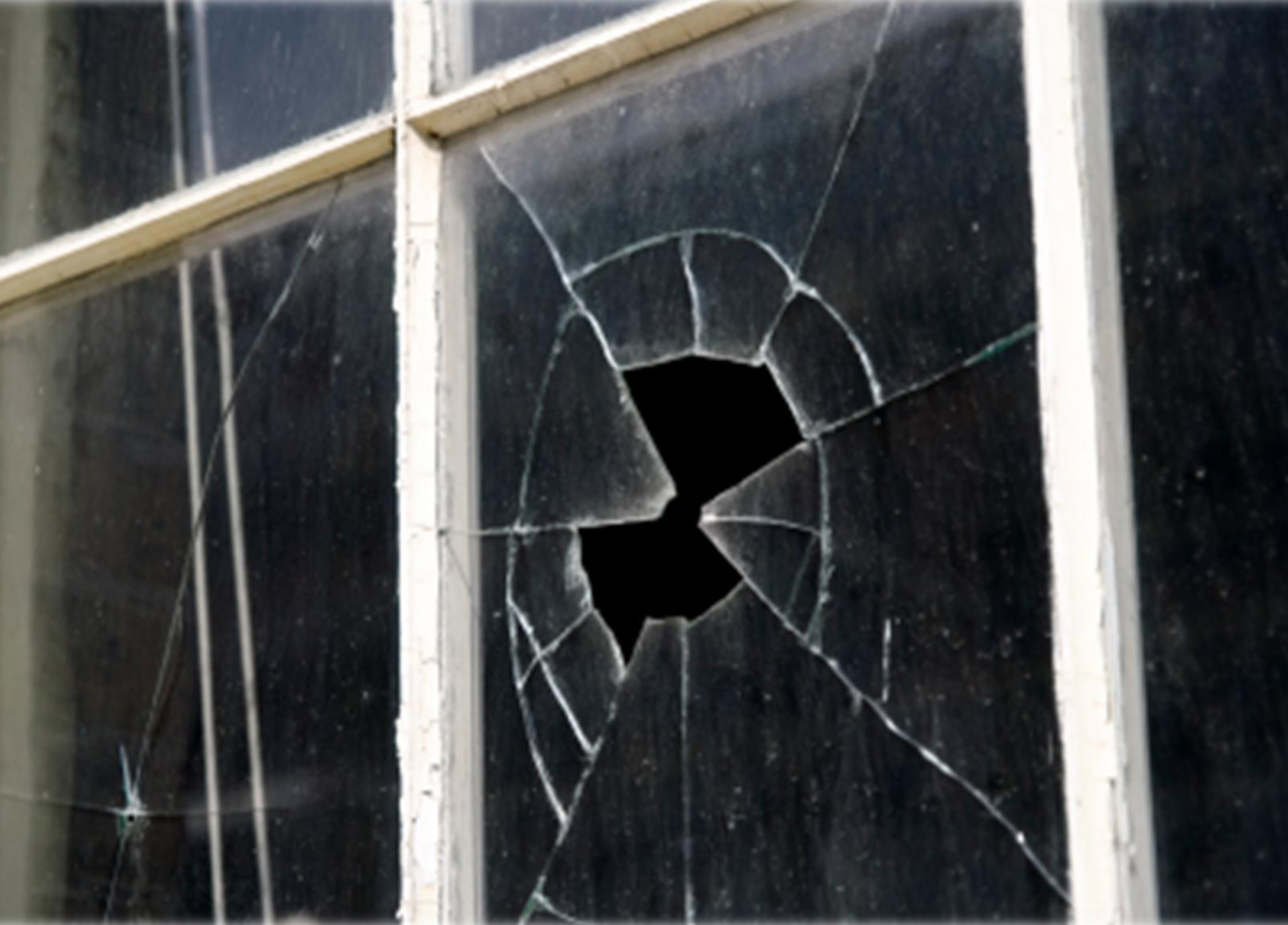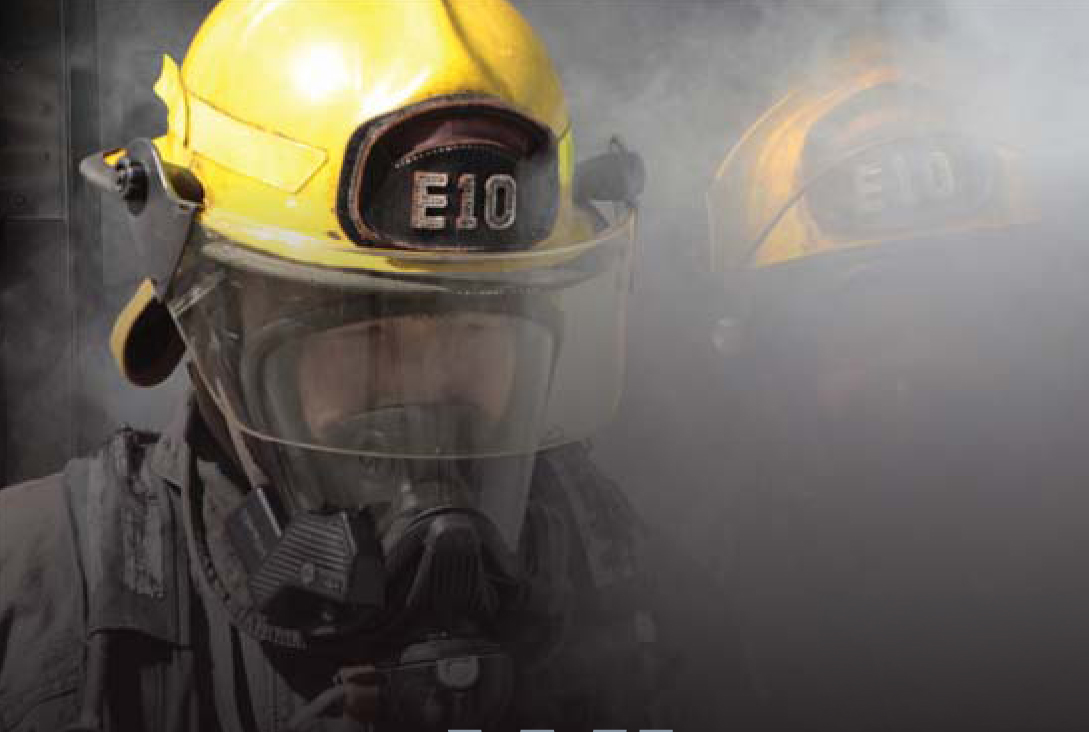Targeted Residential Fire Risk Reduction: A Summary of At-Risk Areas in Tennessee
Reducing fires and saving lives is a mandate for all Fire Services. Globally, many departments have implemented door to door campaigns to educate their citizens on fire reduction and safety (TriData, 2009). However, focusing on an entire community is expensive, time consuming, and overall, an inefficient use of limited resources. A 2007 TriData report on … Read more


